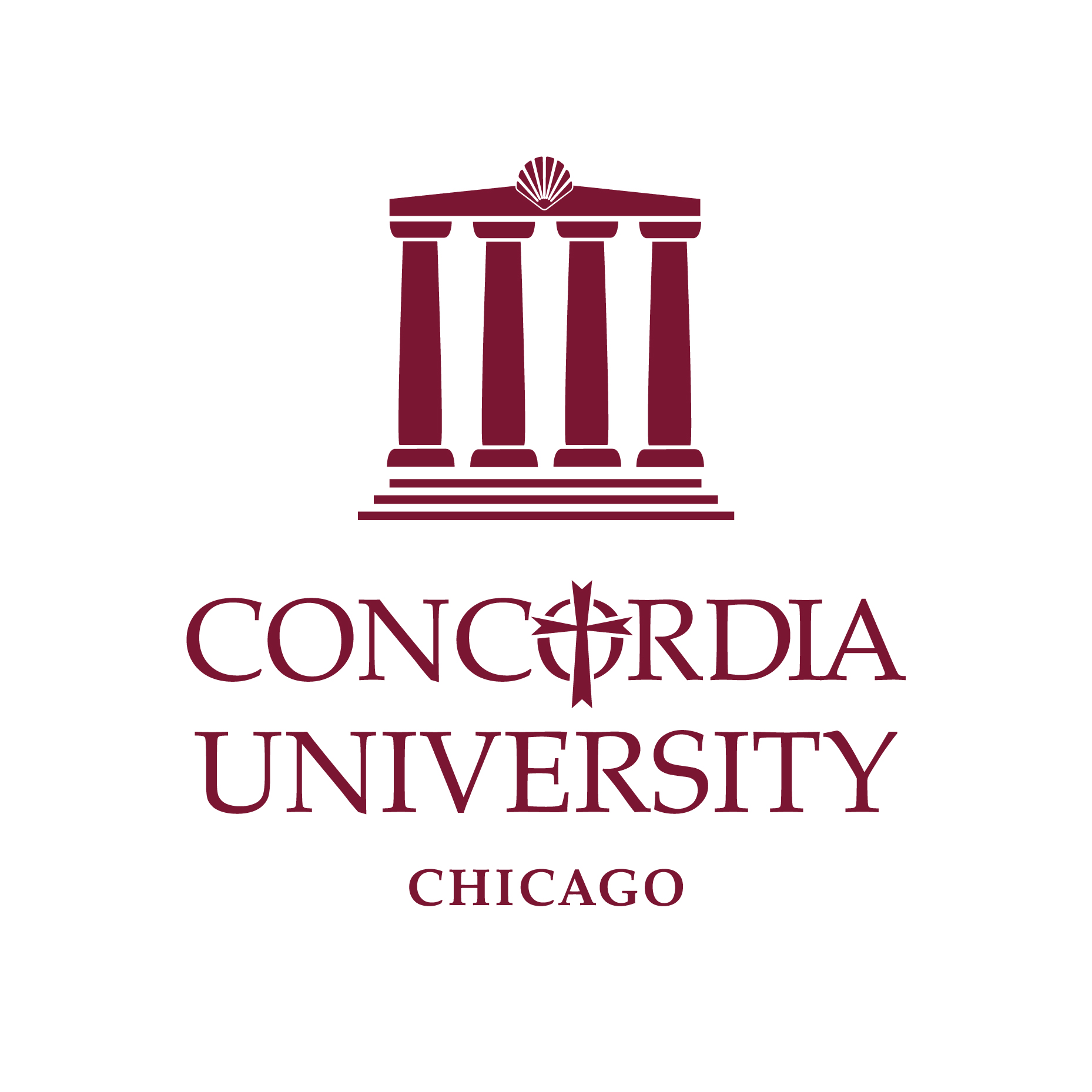Study Format
- Online
- Hybrid
Program Length
- 30 Credit Hours
- 24 Months
Application Deadlines
Domestic Students
Summer 2024 Application Due | Classes Start May 6, 2024
Program Overview
The MA, Educational Technology: Leadership program is for teachers seeking a career path towards becoming a technology specialist, technology director, or technology coach. The program prepares teacher-leaders with the competencies required to improve the quality and effectiveness of instructional programs at a classroom, departmental, school, or district level. These competencies include skills to develop technology-enhanced learning experiences, assess their impact, and design appropriate professional development. The MA program’s content is aligned with national educational technology standards and performance indicators as set forth by International Society for Technology in Education (ISTE-C, 2012). Graduate students in this program who are also licensed teachers, will qualify for the Technology Specialist Endorsement for the State of Illinois by entitlement upon successful completion of the program.
Program Objectives
This program provides candidates with coursework aimed at mastering the following:
- Develop a vision for the comprehensive integration of technology within an educational setting.
- Demonstrate professional knowledge, skills, and dispositions in content, pedagogical, and technological areas.
- Utilize professional development approaches for faculty through the lens of adult learning and leadership theory, as they relate to the socio-technical implications of contemporary, online instructional practices.
- Deliberate and choose appropriate pedagogical strategies using technology to enhance instruction and improve learning outcomes.
- Recognize, develop, and use image-rich technology tools and curriculum to enhance instruction.
- Synthesize technology-enhanced practices in professional settings to build learning communities.
- Evaluate the impact of instructional practices through precise program evaluation techniques in a data-driven decision-making environment.
- Troubleshoot technical hardware and software issues in common educational settings.
- Recognize and evaluate trends in educational technology.
FAQs: License and Endorsement
Program Information
Curriculum
Integrating Technology across the Curriculum
This course is an introduction to the disciplined practice of integrating technology into teaching and learning. It provides an overview of current instructional technologies and theory-based design strategies for effectively using these technologies.
Theoretical, Ethical, and Practical Foundations of Educational Technology
Study of the theoretical, historical, contemporary and ethical foundations of educational technology. Debates social and ethical issues surrounding integrated technologies as they are designed and implemented for an academic environment. Examines how technology is embedded within policies and practices in curriculum and instruction.
Using Technology to Build Learning Communities
Examination and evaluation of the use of technologies in the design and building of learning communities and development of community-based outreach and engagement.
Visual Literacy in the Classroom
Pedagogical concepts and design strategies underlying the use of an image-rich curriculum to enhance instruction. Examination and evaluation of the use of visual technology tools and techniques to build visual literacy and meet learning objectives.
Technology for Effective Decision-Making in Teaching & Learning
Examination of the decision-making process and the role of technology in supporting data-driven decision-making to enhance teaching and learning.
Emerging Technology Trends, Professional Learning and Evaluation
An overview of current and emerging innovative technologies in teaching and learning. Theories and skills necessary to design and implement professional learning opportunities in light of current and emerging teaching/learning/technology needs. An examination of an evaluative framework for assessing the effectiveness of technology interventions and programs.
Educational Technology Hardware and Software
Planning, configuring, and maintaining computer/technology systems, including basic networks, for school laboratories, classroom clusters, and other appropriate instructional arrangements. Primary focus is on K-12 schools.
Educational Technology Leadership
Leadership theories and practices to improve professional practice and exhibit leadership in the community by promoting the use of digital resources to improve student learning.
Research in Education
The focus of this course is on the understanding of educational research. Emphasis will be on the interpretation of research and the development of basic research skills for school improvement.
Capstone Experience
Applied Project in Educational Technology
Capstone course in the educational technology program.
A master’s capstone is required for all master of arts candidates. This culminating project highlights the candidate’s mastery of content throughout his or her studies. Capstones are traditionally a summary of work demonstrating overall growth and specific understandings of the professional standards. The capstone serves as a performance-based evaluation and promotes reflective practice. It also demonstrates the professional’s proficiency in integrating technology and his or her ability to interpret theory into practice.
Seminar in Higher Education (EDU 6015)
In addition to the base program curriculum, international students attending face-to-face classes on the CUC campus are required to take the Seminar in Higher Education, a 3-credit course. This requirement will not apply to international DBA students studying exclusively online.
Admission Counselor
Connect with your admission counselor.
